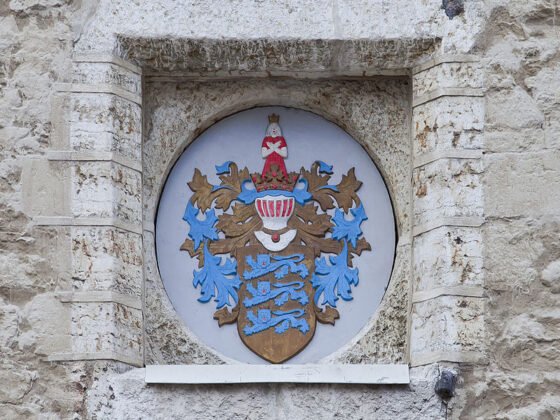(Journal of Contemporary Central and Eastern Europe) This article examines Georgia’s experience of civil society engagement with reforms after 2008, which attests to the country’s Euro-integrationist aspirations. In particular, the research addresses practices of the promotion of liberal democracy as forms of biopolitical governmentality pursued by Western state and non-state actors towards and in Georgia, raising the question of what the mechanisms of adoption and “domestication” of this knowledge by recipients with significantly different cultural, social and political systems are and how these could be applied by post-Soviet countries to construct their own sovereign projects. Based on in-depth interviews with representatives of the US, EU and German foundations and institutions, such as OSI, USAID, GIZ, the Millennium Challenge Corporations, as well as with Georgian think tank experts, politicians and practitioners, conducted in 2015–2017 in Washington, DC and Tbilisi, the author of the article discusses the experts’ assessment of implementing Western techniques of governance to Georgia and then demonstrates how Georgia itself uses them as part of its own biopolitical programmes towards break-away Abkhazia.
Read More © Journal of Contemporary Central and Eastern Europe











